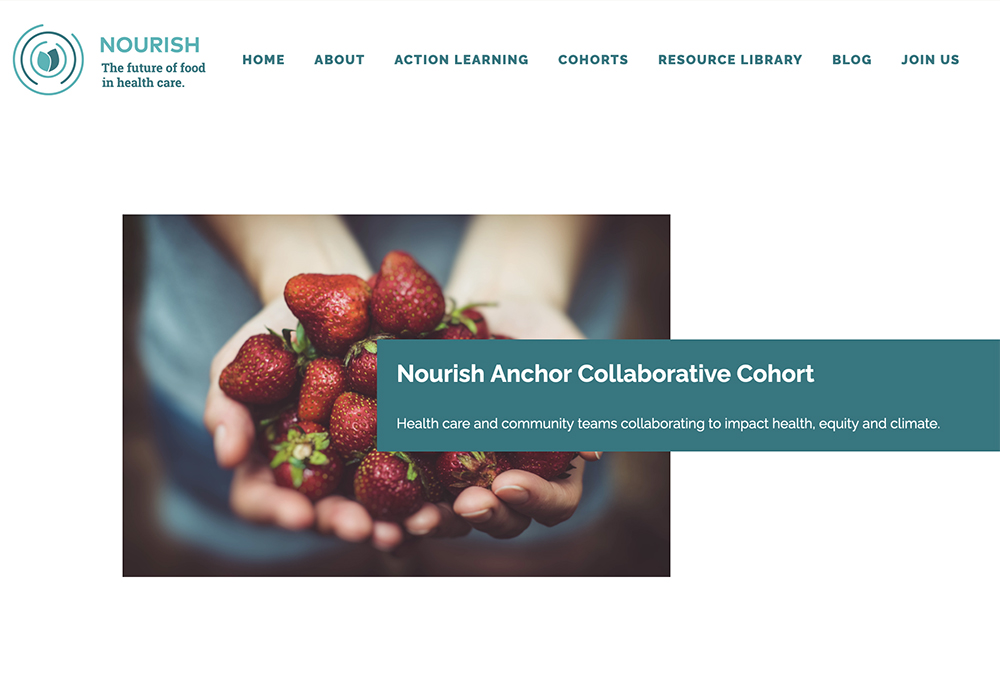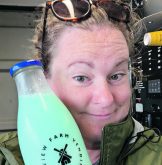Organizations in Saskatchewan have formed a partnership to look into food insecurity, ultimately hoping to provide a means to a sustainable food source.
The non-profit Nourish Anchor Collaborative Cohort works to bridge food and health systems, and has been working with the Saskatchewan Health Authority, the University of Saskatchewan, and CHEP Good Food Inc., an organization trying to improve access to food.
“So we have a Saskatchewan team,” said Wanda Martin, associate professor with the U of S College of Nursing. “Our team is really looking at Indigenous food sovereignty and food security in particularly in the North and how the health authority can help to support that improving food security.”
Read Also

Know what costs are involved in keeping crops in the bin
When you’re looking at full bins and rising calf prices, the human reflex is to hold on and hope for more. That’s not a plan. It’s a bet. Storage has a price tag.
Martin said food insecurity is high in Saskatchewan. According to a 2018 study by the Johnson Shoyama School of Public Policy, 28 percent of the Indigenous households surveyed were moderately food insecure, while 10 percent were severely food insecure.
“This province particularly being an agricultural province, you wouldn’t think we would have that level of food insecurity,” Martin said. “But because we’re primarily export, we do.”
As part of the project, the U of S, SHA, and CHEP are all working with through dietitians, researchers, and community partners.
“We’re going to do some land-based learning. A few of the First Nations have invited us out to get a real feel for what they identify as important and ways they can see us moving forward as a group,” she said.
From there, they’ll put the research together into a potential pilot program.
Martin said the group will have to be willing to try things out in certain contexts and then develop plans that can be used in other situations.
Jennifer Reynolds, the associate director of Nourish, said the types of food people eat are important.
Nourish has a team working out of Saskatchewan, and six other places across the country — Vancouver, Northern Ontario, Toronto, London, Ont., Montreal, and Labrador.
A main aspect of the project is something known as “Food for health levers.”
“A lot of the pressures on our health-care system are related to food,” Reynolds explained. “So food insecurity, not being able to afford a healthy diet or have access to the food that you want to feed your family often ends up being an important part of what’s driving diet-related diseases.”
Reynolds said the Nourish website has several components: food as medicine, creating health-care food hubs, advancing sustainable purchasing, promoting planetary health menus, building planetary health leadership, and improving patient and staff food experience.
“There’s lots of sectors on the health side and on the food side but often they’re not bridged together,” Reynolds said.
“We’re hoping to bridge across those.”
















